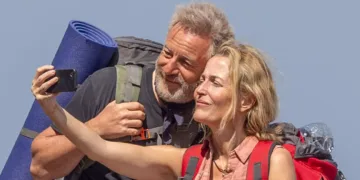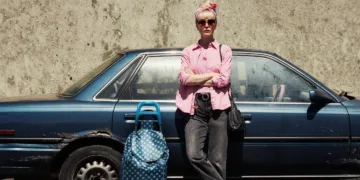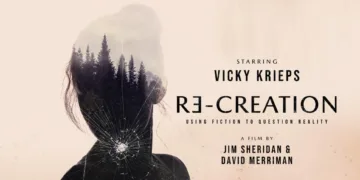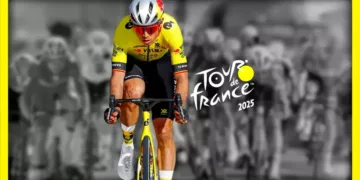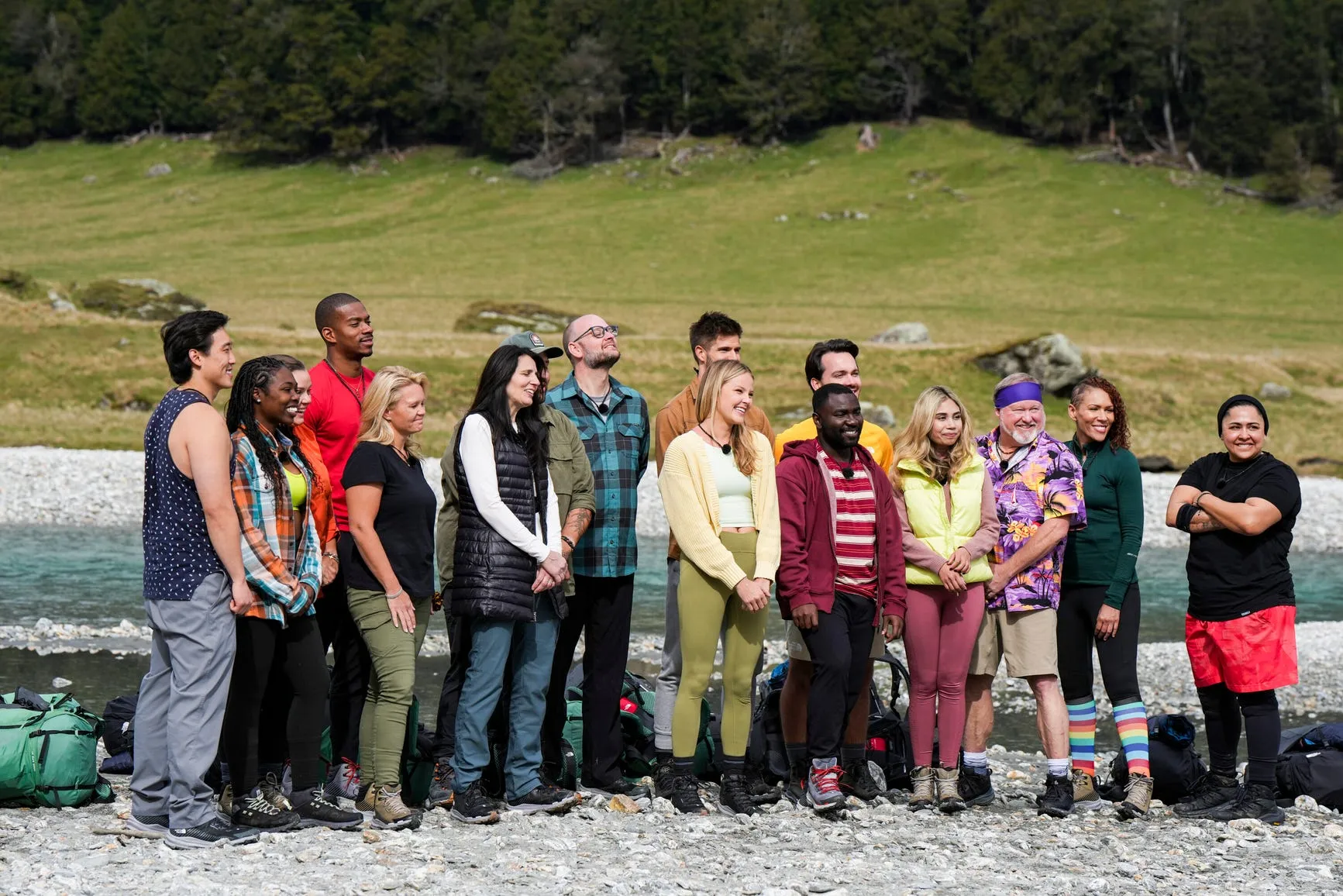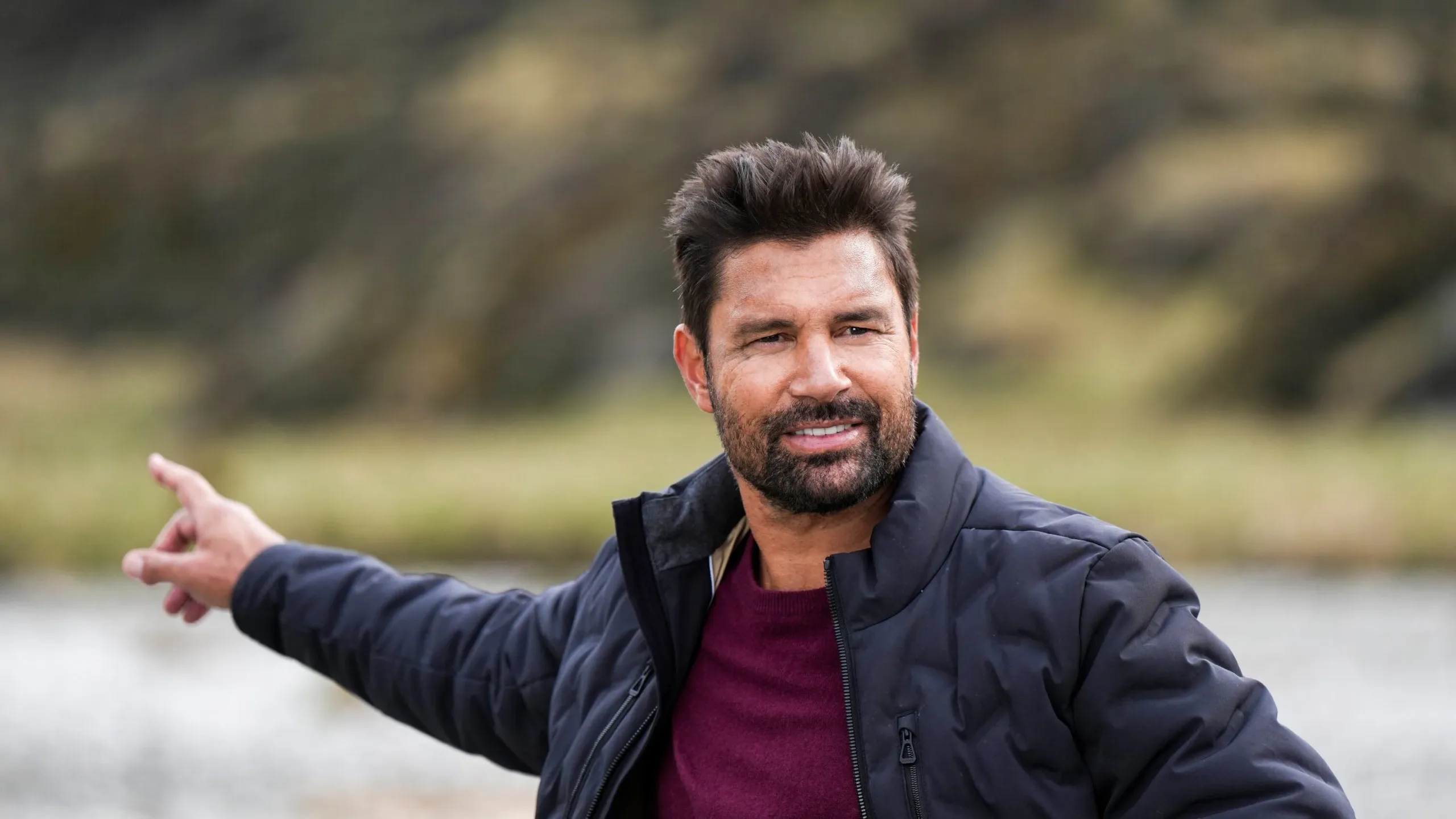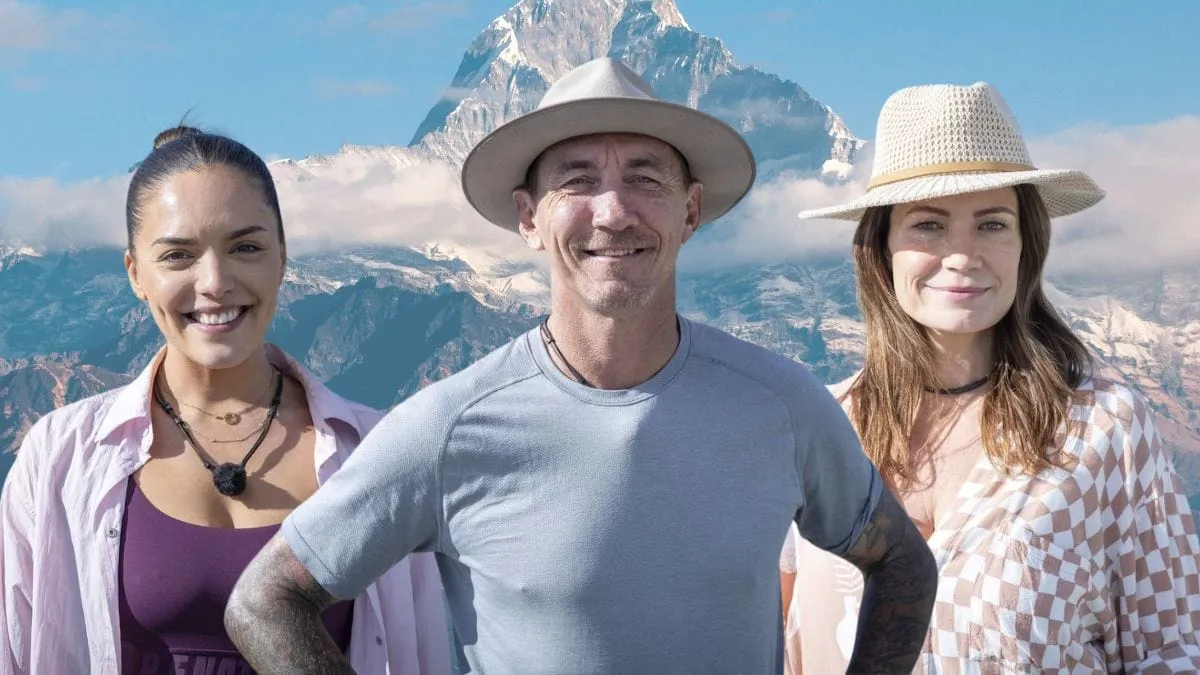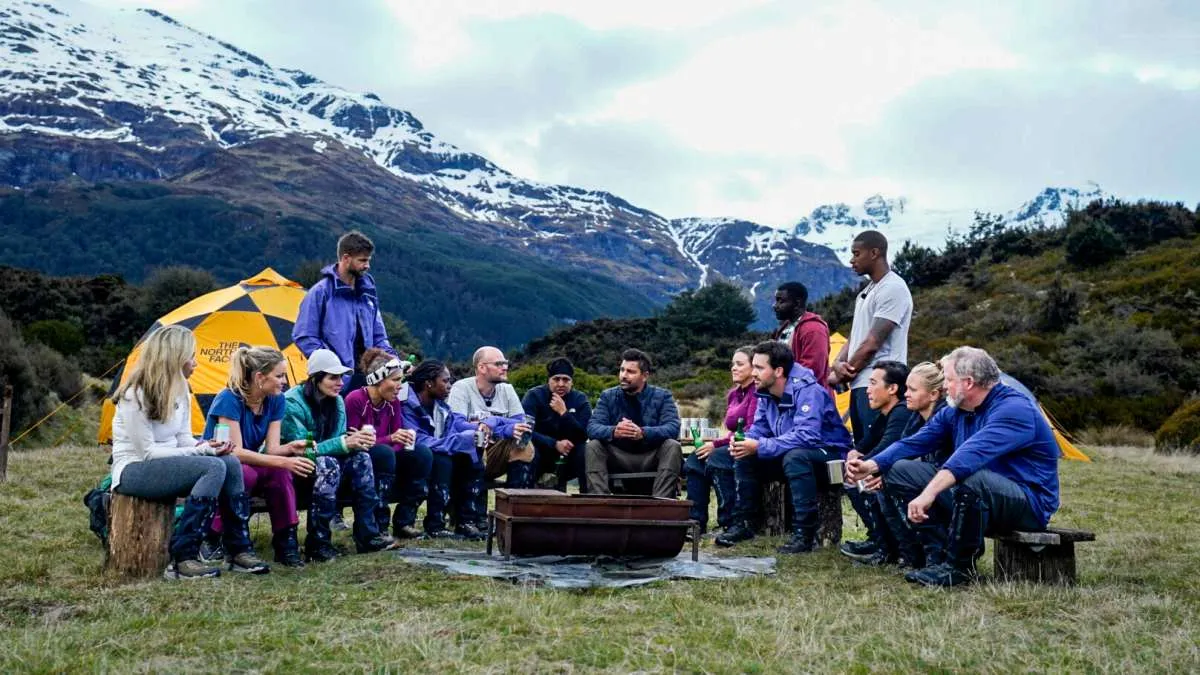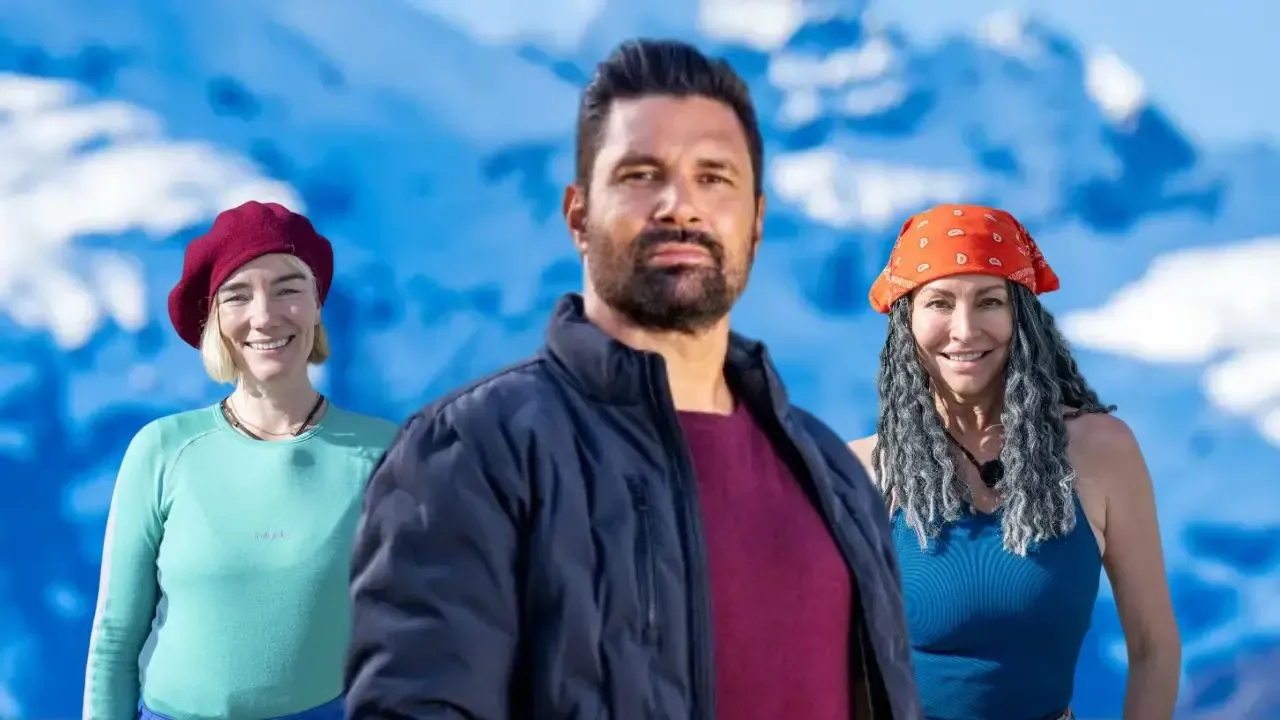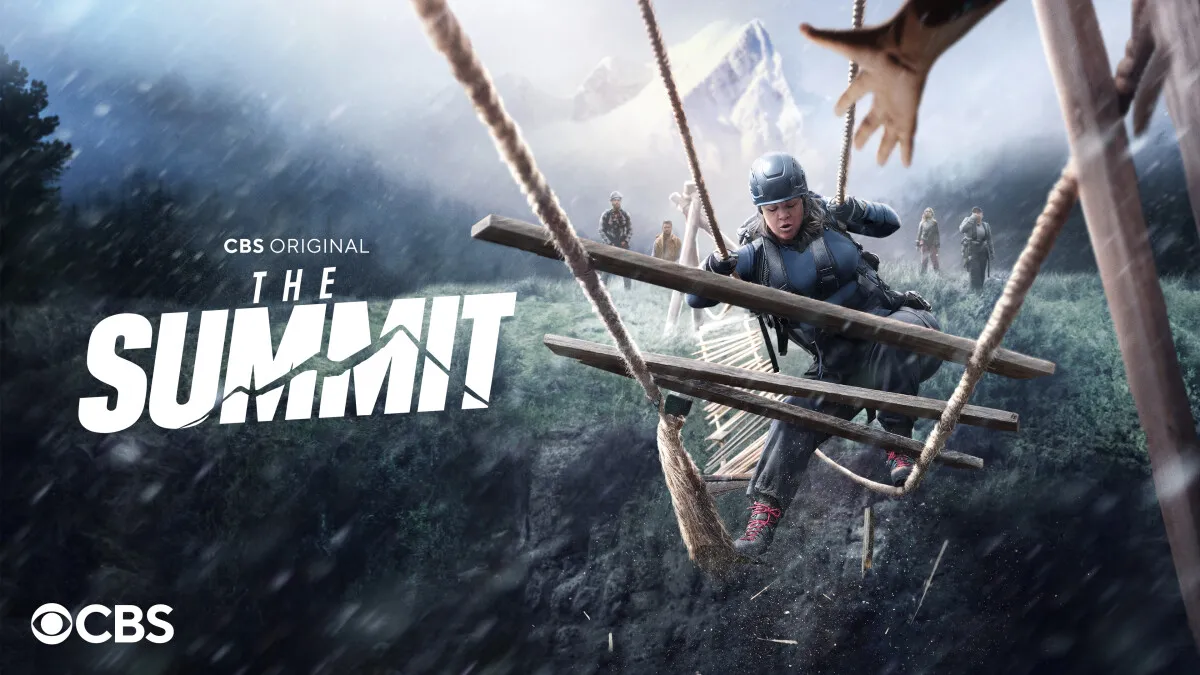The Summit, set in the immense, harsh expanse of the New Zealand Alps, where the earth rises to kiss the sky, is a terrible test of both body and spirit. Sixteen strangers, each burdened not only by the weight of their packs but also by their dreams, set out on a 14-day journey in search of the elusive $1 million prize.
This competition is more than a dash against the clock; it is a crucible that strips away the veneer of politeness, revealing the raw, primordial desires buried within us all.
At its foundation, The Summit echoes the familiar tones of reality competition series like Survivor but delves into darker terrain. As contestants grapple with the choice to kill the weak or the bothersome, the mountain serves as both an ally and an enemy, a silent witness to the moral difficulties that arise.
In this landscape, nature’s majesty serves as a backdrop for existential reflection—what does it mean to thrive at the expense of someone else’s failure? In a world where greed puts solidarity to the test, is the summit a source of triumph or a slide into moral ambiguity?
The Summit: A Landscape of Shadow and Light
The Summit plays out as a theatre of human struggle against nature’s indifference in the New Zealand Alps, where craggy peaks pierce the heavens and valleys cradle secrets long buried in snow. The frigid magnificence of this landscape is more than just a backdrop; it is an omnipresent character who shapes the contestants’ journey with each difficult step.
The cold air stings at the skin, a visceral reminder of mortality, as these people grapple with their limits in the face of breathtaking beauty that both inspires and intimidates. The Alps’ sheer essence, beautiful yet punishing, embodies the competition’s combination of ambition and despair.
Visually, the series excels in creating a poetic narrative with its cinematography. The camera moves like a restless soul, capturing expansive panoramas that raise the stakes of the contestants’ efforts.
Each scene mediates isolation and camaraderie as the camera lingers on tired faces etched with determination, set against the wide, unsympathetic wilderness. The interplay of light and shadow creates a metaphor for the emotional struggles fought by each person, illuminating the thin line between optimism and despair.
The camera’s close approach produces a sense of urgency, inviting viewers to feel the weight of the challenges, which extend beyond physical exertion as the contestants navigate treacherous rope bridges and ice chasms.
Every stumble in this landscape resonates with existential dread, a reflection of the human predicament in which the spectre of failure frequently overshadows the quest for victory. The Alps become a crucible, forming not only alliances but also the darkest elements of human nature, compelling us to ponder: what price are we ready to pay for triumph in a world dominated by such harsh truths?
The Summit: A Tapestry of Human Complexity
The sixteen contestants emerge as a microcosm of society; each thread weaved from various origins, ages, and physical abilities in The Summit tapestry. They embody a range of humanity, from the vibrant youth ready to conquer both mountain and self to the seasoned folks carrying the weight of experience and vulnerability.
Among them, Dennis, the arrogant nurse, stands out as a contradiction—a man whose swagger conceals merciless ambition, testing our notions of heroism and villainy. Then there’s Bo, a middle-aged coach whose determination to prove himself manifests as a quiet strength amidst the chaos, reminding us of the delicate nature of resilience.
As they navigate the difficult terrain, the dynamics of this diverse group become clear. The initial camaraderie frays under the pressure of competition, revealing the darker inclinations that lurk under the surface. Alliances form and dissipate like mist in the alpine air, as trust is swapped for survival. Conflicts erupt, frequently fueled by insecurities and phobias, as contestants are forced to confront their physical limitations and the ethical quandaries of their choices.
The interplay of personality qualities creates the narrative, changing the competition into a psychological battleground. Like the supporting Bo, those who exhibit empathy frequently find themselves at odds with the more competitive players, leading to existential issues about the quest for success. Does the summit mark it attained, or by the relationships formed—or broken—along the journey? In this unrelenting drive, each participant grapples with their inner demons, representing the larger human experience of ambition, vulnerability, and the quest for identity amid chaos.
The Summit: A Game of Shadows and Choices
The Summit’s competition style unfolds like a labyrinthine conundrum, with each twist and turn reflecting the complexities of human nature. At its heart is a voting mechanism that is both a strategic game and a psychological battleground. Contestants gather around the flickering firelight, their fates intertwined in a public elimination rite in which the basic need for survival overshadows morality.
The act of voting becomes a performance—an interplay of alliances and betrayals, in which the choice to cut a fellow climber from the team has existential weight. Each vote not only determines an individual’s fate but also challenges the surviving players to confront their own fragility and the fleeting nature of trust.
The mysterious Mountain’s Keeper, with his scary helicopter and cryptic tasks, thickens the growing drama. He represents the unexpected powers of fate, posing challenges that pit generosity against self-preservation. Players are thrust into an ethical quandary that challenges their humanity as they grapple with choices that could mean leaving a struggling partner behind or jeopardizing their development.
Checkpoints dot the perilous journey like beacons of hope—or possibly harbingers of death. Each successful arrival not only provides shelter and nutrition but also serves as a moment for reflection, forcing players to confront the consequences of their decisions. The pressure of public voting looms like a spectre, forging alliances and stoking fear.
In this high-stakes environment, the question of what it means to win in a game that strips away the essence of cooperation arises. Amidst the stunning backdrop, the competition transforms into a dark exploration of the human psyche, revealing the raw, often unpalatable facts about ambition and the moral cost of achievement.
The Summit: The Body’s Trial and the Soul’s Reckoning
In The Summit, contestants face physical challenges are more than just barriers; they are fundamental tests of endurance that remove the veneer of modernity, revealing the raw essence of human fragility. As they navigate dangerous rope bridges and scale-freezing cliffs, the contestants must confront the elements and theirons.
Each step is a meditation on the fragility of the human body, which can be both a source of strength and a predictor of defeat. The toll of these challenges is felt not only in bodily tiredness but also in the mental strain that comes with such constant activity. Exhaustion produces despair, and in moments of weakness, the overhanging spectre of failure raises philosophical questions: What motivates one to push beyond the body’s limits? Is it the desire for grandeur or the basic urge for survival?
Despite the strenuous demands, teamwork dynamics emerge as a complicated web of cooperation and conflict. In theory, the journey is one of collective rising, but in reality, it is frequently fraught with tensions.
The delicate balance between individual ambition and collective cohesion becomes crucial for character development. As players ally together to support one another through difficult sections, camaraderie instills optimism. However, this solidarity is frequently undercut by the persistent fear of being left behind, which promotes disloyalty.
Contestants grapple with the contradiction of collaboration: the desire to succeed as a team while also wanting to outperform one another. The juxtaposition of shared aims against the backdrop of personal ambition provides fertile ground for moral quandaries.
When faced with the choice of abandoning a slower participant or extending a hand, the basic definition of humanity is called into question. In their never-ending quest for the summit, the contestants navigate not just the physical landscape but also the complicated topography of the human spirit, where the borders between ally and opponent blur, revealing the darker truths of competition and connection.
The Summit: The Dark Terrain of Choices
Contestants are forced to confront the very nature of their humanity in The Summit’s harsh landscape as they are thrust into a crucible of ethical quandaries. Each decision, whether to ally with a struggling teammate or to abandon them for personal benefit, is a moment of intense moral examination.
Pivotal events play out like tragic tragedies, with the stakes being survival and the essence of selfhood. A moment of compassion can lead to vulnerability, but a relentless choice can bring one closer to the prize, but at what cost? The contestants grapple with motivations that oscillate between compassion and self-preservation, illuminating the shadowy corners of human psychology.
The ethical consequences of their choices reverberate through the group dynamics, shifting alliances and rearranging relationships as they face decisions that could make the difference between triumph and despair. The act of voting one of their own off the mountain turns into a public spectacle of betrayal—a theatrical in which camaraderie becomes a façade. The consequences of these decisions reverberate throughout the camp, creating an atmosphere of tension and suspicion. Contestants who once laughed and dreamed together now find themselves caught up in a web of shame and second-guessing.
Regret appears like a spectre, haunting individuals who make poor choices. The sorrow of abandoning a colleague for the sake of ambition can lead to restless nights under the stars as the weight of their actions becomes overwhelming.
In contrast, individuals who choose to protect their comrades may find vindication in the relationships built through shared effort, but they remain subject to the whims of a game that favours brutality. In their relentless pursuit of the summit, the contestants navigate the difficult terrain of the Alps and the labyrinthine passageways of their moral compasses, questioning whether victory is worth the potential loss of their very souls.
The Summit: Echoes of Authority and Craft
In The Summit, Manu Bennett serves not only as a host but also as a silent judge of the unfolding drama, his presence a continual reminder of the stakes. Bennett’s hosting manner, which oscillates between seriousness and detachment, produces a sense of gloom as if he is both a guide and witness to the contestants’ moral decline.
However, his effectiveness stems from the uncertainty he presents; he avoids overt manipulation, allowing the contestants’ choices to resonate with existential weight. By doing so, he transforms the narrative into a melancholy exploration of raw ambition and vulnerability, transporting viewers into a world where every decision is fraught with consequences.
The production quality enhances this experience by combining snappy cutting and purposeful pacing to mirror the contestants’ rising anxieties. Each cut and change feels deliberate, intensifying the urgency of their conflict with nature and themselves. The interplay of music and sound design adds to the atmosphere, with haunting soundtracks that rise during moments of triumph and descend to eerie quiet in the face of betrayal.
Echoes of the contestants’ choices ricochet throughout this meticulously designed audiovisual tapestry, inviting viewers to ponder the darker questions of ambition, loyalty, and the very nature of competition. As the camera catches the journey’s raw, unadulterated pain and joy, we are left wondering: What actually defines the summit of our own lives?
The Review
The Summit
The Summit is a compelling but misguided exploration of human ambition against stunning but brutal terrain. It intrigues viewers with its moral difficulties and physical challenges, revealing the darker aspects of competition and camaraderie. However, its complicated style and often inconsistent storytelling may leave some viewers wishing for a deeper emotional connection with other reality shows. Finally, the series encourages reflection on the cost of ambition and the essence of human connection in the face of misfortune.
PROS
- Stunning cinematography showcasing the New Zealand Alps.
- Engaging moral dilemmas that provoke reflection on human nature.
- Diverse cast with varying backgrounds, adding depth to dynamics.
CONS
- Convoluted rules that may confuse viewers.
- Occasional pacing issues that detract from suspense.
- Character development can feel superficial at times.
- Reliance on public voting can lead to predictable outcomes.
- The host's performance may lack charisma for some viewers.














